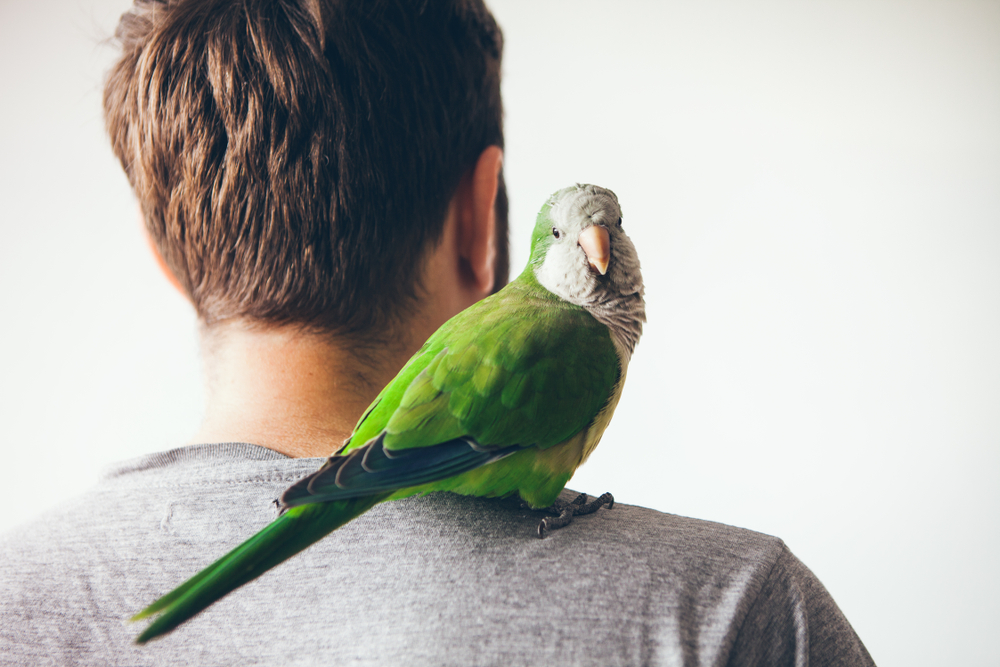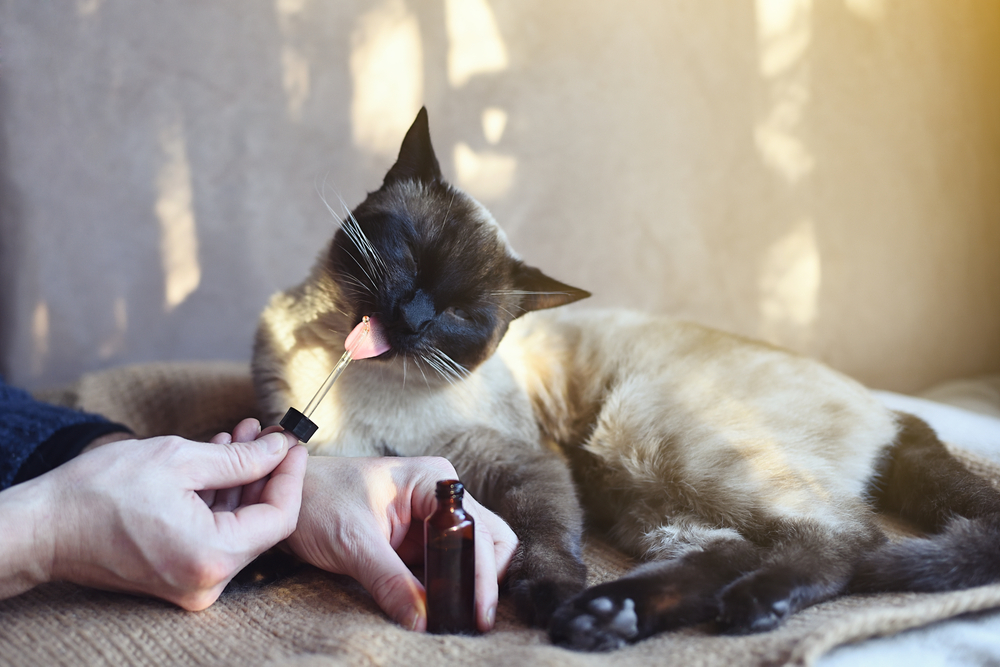Table of Contents
Introduction
The bond between humans and animals is a special one, and as responsible pet owners, we strive to provide our furry companions with the best possible care. In recent years, there has been a noticeable shift in the way we approach pet healthcare, with an increasing interest in alternative therapies. Gone are the days when conventional treatments were the sole options available. Now, pet owners are exploring a wide range of alternative therapies, including acupuncture, herbal remedies, and one that has been making waves—CBD.
So, why the sudden surge of interest in these alternative therapies? Well, it’s no secret that many pet owners are seeking more natural and holistic approaches to support their pets’ health and well-being. Traditional treatments often come with a laundry list of potential side effects and can be costly in the long run. This has led pet owners to look beyond the conventional and explore other avenues that may offer gentler and more sustainable solutions.
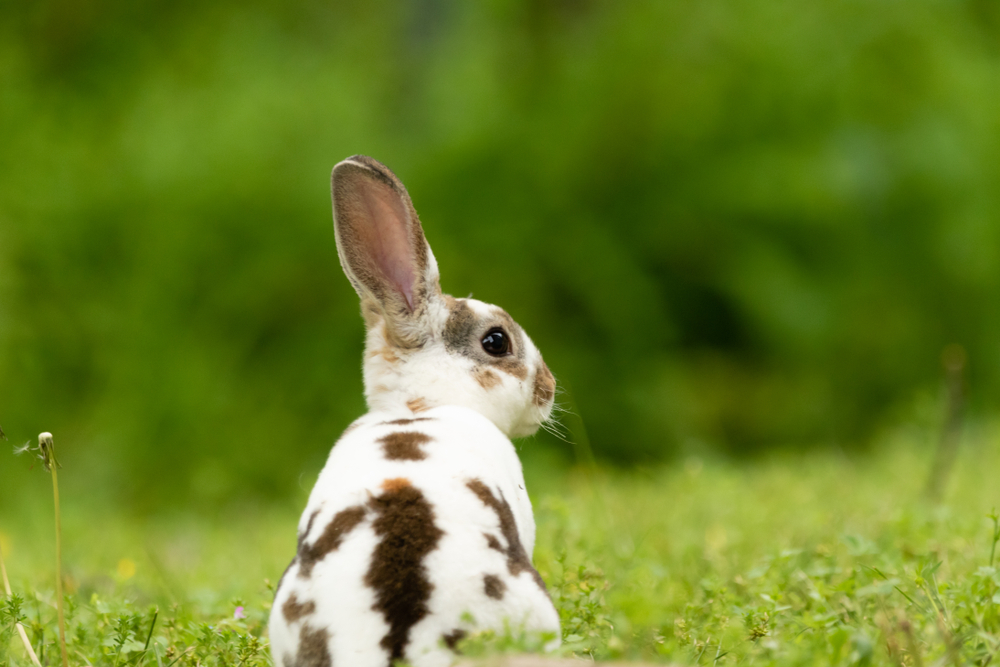
Particularly in the field of pet care, CBD has seen a lot of growth. CBD, a non-psychoactive substance derived from the hemp plant, is well-known for its potential therapeutic benefits. It interacts with an animal’s endocannabinoid system, which is vital for maintaining equilibrium and general health. Pet owners are increasingly using this natural supplement for their animals as they learn more about CBD and its potential advantages.
One of the main reasons to give pets a better quality of life is one of the primary drivers behind the growing interest in alternative therapies for animals. Pet owners are actively looking for solutions that might improve the well-being of their animals, whether it be controlling chronic pain, reducing anxiety, or increasing mobility in general. Alternative treatments like CBD present a possible means of resolving these issues in a more healthy and sensitive way.
In our blog we have already seen extensively how CBD is already being used to improve the well-being of dogs, cats, horses and birds. Can CBD also be used for rabbits?
Moreover, the testimonials and success stories from pet owners who have incorporated alternative therapies into their pets’ routines are hard to ignore. As these stories circulate within pet communities and social media platforms, curiosity is piqued, and interest in these alternative therapies continues to grow.
The rising interest in alternative therapies for pets signifies a shift towards a more comprehensive and holistic approach to pet care. As our understanding of animal health evolves, so does our willingness to explore new possibilities. With the increasing popularity of CBD and other alternative therapies, pet owners are empowered to provide their beloved companions with the best of both worlds—modern medicine and natural solutions that work in harmony to support their pets’ health and happiness.
Understanding CBD and its interaction with the rabbit’s body
How does CBD work in the body of a rabbit?
CBD (cannabidiol) interacts with the body of a rabbit through the endocannabinoid system (ECS), a complex network of receptors and molecules that helps regulate various physiological processes. While the specific mechanisms of CBD’s action in rabbits are not extensively studied, we can draw insights from research conducted on other mammals.
When a rabbit ingests or absorbs CBD, it interacts indirectly with the cannabinoid receptors, namely CB1 and CB2 receptors, which are found throughout the body, including the central nervous system and the immune system. CBD does not directly bind to these receptors as THC does; instead, it modulates their activity. By influencing the receptors, CBD can help regulate the functioning of the ECS, promoting balance and homeostasis.
Other receptor systems, such as serotonin receptors, which are involved in mood control and anxiety management, may potentially interact with CBD. CBD may help rabbits feel more at ease and relaxed by having an impact on these receptors.
Furthermore, CBD can impact the ECS by inhibiting the breakdown of endocannabinoids, the body’s naturally produced cannabinoids, which are involved in regulating various bodily functions. By slowing down their degradation, CBD allows endocannabinoids to remain in the body for longer periods, potentially prolonging their therapeutic effects.
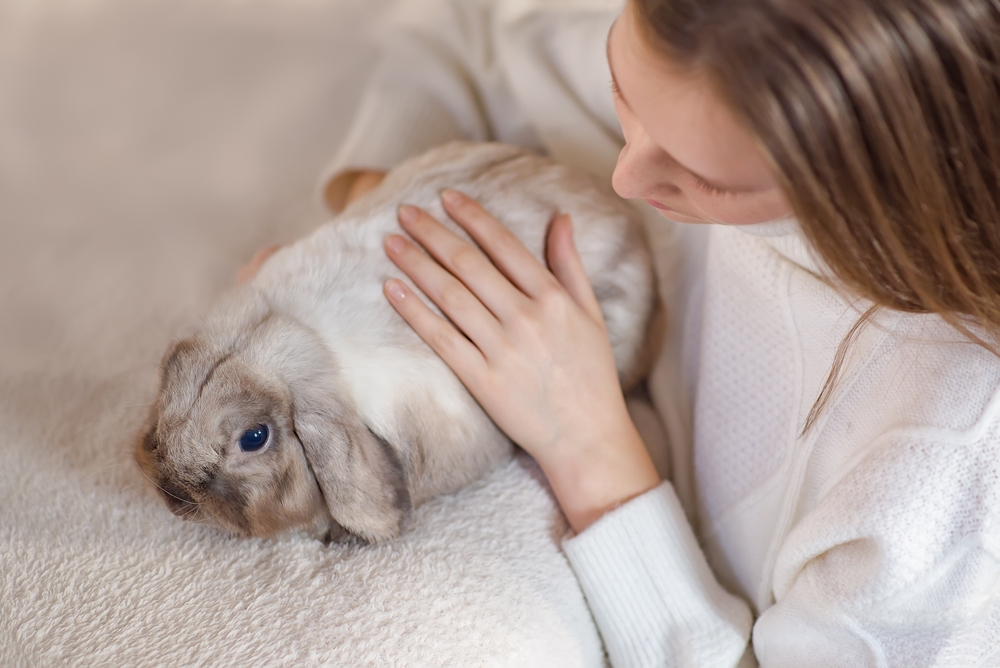
CBD’s anti-inflammatory properties may also contribute to its benefits in rabbits. It can influence the immune response and help reduce inflammation, which is particularly relevant for rabbits experiencing conditions associated with inflammation, such as arthritis or gastrointestinal issues. By reducing inflammation, CBD may alleviate pain and discomfort, supporting the rabbit’s overall well-being.
In conclusion, CBD interacts with the body of a rabbit through the ECS, modulating the activity of cannabinoid receptors and potentially influencing other receptor systems. By promoting balance, reducing inflammation, and affecting various physiological processes, CBD holds promise as a natural supplement for supporting the health and well-being of rabbits.
Exploring the endocannabinoid system in rabbits and its role in maintaining balance
The endocannabinoid system (ECS) plays a vital role in maintaining balance and homeostasis in the bodies of mammals, including rabbits. Although research specifically focused on the ECS in rabbits is limited, we can draw insights from studies conducted on other animals with similar physiological systems.
The ECS consists of cannabinoid receptors (CB1 and CB2), endocannabinoids (naturally occurring compounds produced by the body), and enzymes that help regulate the synthesis and breakdown of these endocannabinoids. The ECS is involved in modulating a wide range of physiological processes, such as mood, appetite, pain sensation, immune response, and inflammation.
By interacting with the ECS, CBD (cannabidiol) and other cannabinoids may help restore balance and harmony within the rabbit’s body. This interaction may contribute to the potential therapeutic effects of CBD, including its ability to reduce anxiety, alleviate pain, and support overall well-being in rabbits.
Further research is needed to fully understand the nuances of the ECS in rabbits and its specific role in maintaining balance, but exploring this system offers intriguing possibilities for optimizing the health and welfare of these furry companions.
Potential benefits of CBD for rabbits
Anxiety and stress management
CBD (cannabidiol) holds promise as a natural supplement for managing anxiety and stress in rabbits. Rabbits, known for their sensitive nature, can easily experience anxiety and stress due to various factors such as changes in their environment, loud noises, or handling. CBD interacts with the endocannabinoid system (ECS), which plays a role in regulating mood and anxiety.
By modulating the ECS, CBD may promote a sense of calm and relaxation in rabbits, helping them cope better with stressful situations. It can potentially reduce anxiety-related behaviors, such as excessive grooming, hiding, or aggressive behavior. CBD’s ability to address anxiety and stress in rabbits without inducing intoxication or severe side effects makes it an appealing alternative to traditional pharmaceutical options.
Pain relief and anti-inflammatory effects
CBD has shown potential in reducing inflammation and discomfort in rabbits. Various conditions, including arthritis and digestive issues, can cause pain and inflammation in these animals. CBD interacts with the rabbit’s endocannabinoid system, which plays a role in regulating immune response and pain perception. By modulating cannabinoid receptors, CBD may offer relief and contribute to the overall well-being of rabbits, improving their quality of life.
This exploration of CBD as a natural pain reliever for rabbits presents exciting possibilities for enhancing their comfort and well-being. It provides an alternative to traditional medications and may reduce reliance on pharmaceuticals. While further research is needed to fully understand its effects, this emerging field holds promise for compassionate care and a better quality of life for these beloved companions.
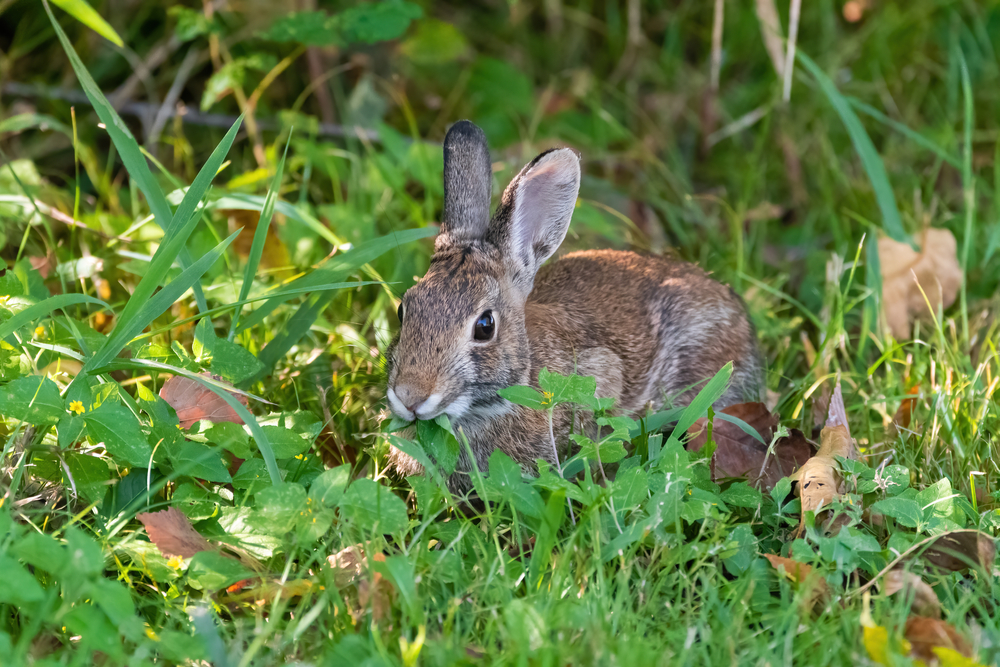
Considerations for using CBD with rabbits
When considering the use of CBD (cannabidiol) in rabbits, it’s important to take several factors into consideration. First and foremost, consulting with a veterinarian experienced in CBD use for animals is essential. They can provide valuable insights, guidance, and appropriate dosing recommendations tailored to your rabbit’s specific needs. Additionally, ensuring that the CBD product is specifically formulated for use in animals is crucial.
Human CBD products may contain ingredients that are harmful to rabbits or have inappropriate concentrations. It’s also important to start with a low dose and monitor your rabbit’s response closely. Every rabbit is unique, and individual responses to CBD may vary. Monitoring for any potential side effects or adverse reactions is necessary.
Lastly, ensuring the CBD product is derived from high-quality, organic hemp and undergoes third-party testing for purity and potency is vital to ensure the safety and efficacy of the product. By considering these factors and working closely with a veterinarian, you can make informed decisions regarding the use of CBD for your rabbit’s well-being.
Consulting with a veterinarian is crucial when considering the use of CBD for your rabbit. Veterinarians have the knowledge an expertise to provide tailored advice and guidance based on your rabbit’s specific needs, size and health conditions. They can help determine the appropriate dosage, discuss potential interactions with any medications your rabbit may be taking, and monitor your rabbit’s response to CBD.
A veterinarian’s involvement ensures the safe and responsible use of CBD, maximizing its potential benefits while minimizing any risks. Their professional insight and guidance are invaluable in providing the best care for your rabbit’s health and well-being.
Introducing CBD to rabbits
Introducing CBD to rabbits should be approached with care, following a gradual introduction and close monitoring. It is recommended to start with a low dosage and gradually increase it over time, observing the rabbit’s response and adjusting as needed.
Monitoring is essential to assess how the rabbit reacts to CBD, including any changes in behavior, appetite, or overall well-being. It’s important to be patient and allow sufficient time for the rabbit’s system to acclimate to CBD. By taking a gradual approach and closely monitoring the rabbit’s response, you can ensure their safety and well-being while maximizing the potential benefits of CBD.
Exploring different ways to administer CBD to rabbits offers flexibility and convenience. One common method is using CBD tinctures, which can be easily added to the rabbit’s food or water. Tinctures provide precise dosing and are absorbed quickly. Alternatively, CBD-infused treats formulated specifically for rabbits are available, offering a tasty and convenient way to administer CBD.
These treats often come in various flavors, making it easier to entice rabbits to consume CBD. Regardless of the chosen method, it is essential to ensure that the CBD product is specifically designed for rabbits and to follow proper dosing instructions to ensure their safety and well-being.
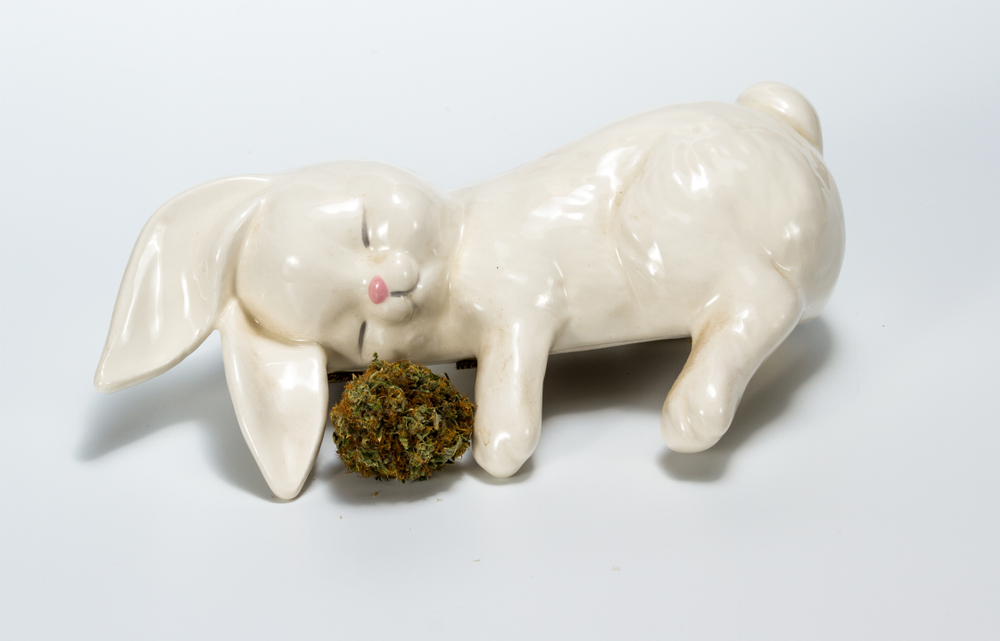
Highlighting the positive outcomes and improvements in a rabbit’s well-being through the use of CBD unveils a world of possibilities for their overall health and happiness. CBD has the potential to alleviate pain, reduce anxiety, promote relaxation, and support various bodily functions.
By incorporating CBD into a rabbit’s routine, they may experience enhanced mobility, increased appetite, improved digestion, and a calmer disposition. These positive changes can lead to a better quality of life, allowing rabbits to thrive and enjoy their daily activities. It’s important to monitor their progress and consult with a veterinarian to maximize the benefits of CBD and ensure it continues to contribute positively to the rabbit’s overall well-being. With CBD, rabbits have the opportunity to hop towards a healthier and more vibrant life.
Conclusion
In conclusion, CBD holds immense potential as a natural supplement for improving the well-being of rabbits. From its interaction with the endocannabinoid system to its ability to address various ailments, CBD offers a holistic approach to supporting their health. Whether it’s promoting relaxation, reducing anxiety, alleviating pain, or supporting digestion, CBD shows promise in enhancing the overall quality of life for rabbits.



